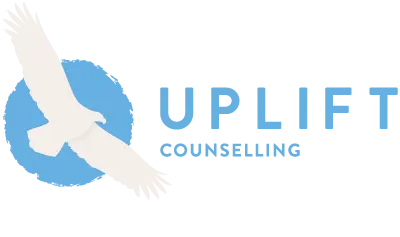
What Is Mindfulness and Mindfulness Therapy?
Mindfulness means paying attention in a particular way. On purpose, in the present moment, and non-judgmentally.
John Kabat-Zinn
Mindfulness is a tool used in the meditative traditions. It has become widely used in counselling and therapy. It is very useful because it is a way of observing our experiences without judging them. Without finding painful emotions overwhelming.
Mindfulness can be confused with meditation. This is because they are very similar and use similar techniques such as paying attention to your breath and bodily experience. The difference, then, is that mindfulness is about paying attention to what your experience is. So, noticing what is happening in your thoughts, emotions and body. And doing this from a place of awareness or loving presence. Meditation, however, is more focused on finding a state of silence and stillness and focusing on that experience. That silence is the focus of your attention. And not your thoughts and emotions.
The Process of Mindfulness
Mindfulness helps us to stay centred and grounded in difficult situations. So that we get less triggered. This helps us enormously as then we can find much better ways of responding to life’s challenges. Mindfulness can be easily learned through counselling as a day-to-day coping strategy. It is then used within a therapy session to access difficult material in a safe and meaningful way.
We will talk and identify an issue to work with. Ajay will then guide you in a mindfulness exercise, focusing on the breath and bodily awareness to become more present. From this place, what may have felt too painful to look at can seem a lot easier. We will then explore what is happening around your particular issue.
It is here that mindfulness can be a very powerful way of accessing unconscious material that has been blocking you from living a more fulfilling life. Using mindfulness as a way of holding and meeting difficult material, we can safely get in touch with wounded parts of ourselves and past experiences.
Mindfulness helps us to find how they are held in the mind, body and emotions NOW, in the present, and to resolve them. When these past experiences and beliefs don’t hold us back anymore we can be amazed at how free we feel and how much more “ourselves” we are able to be. This can create profound changes in how we relate to others and live our lives
Positive Outcomes Through Mindfulness
As they get more familiar with mindful states of awareness within the therapy environment, people often report that they also feel more present in their day-to-day lives. You may never have known what it is like to feel fully present in your body, rather going through life as a “head on legs”. We are often only aware of our body when it hurts. It is one thing to be aware of your body from your head, for instance to know that your knee is hurting, it is quite another to feel yourself fully alive and present throughout your body.
Through mindfulness we can learn to experience ourselves much more fully. We then learn that the mind and body are connected from personal experience. If you’ve never experienced this it can be hard to grasp, but it is a very transformational experience.
Research shows that mindfulness is also helpful for physical and mental well-being. It can provide benefits in the treatment of stress, painful emotions, anxiety and depression.
Over 40 years of research has shown the effectiveness of mindfulness in the following areas:
- Depression, anxiety and stress
- Psychosis
- Substance abuse
- The prevention or delay of mild cognitive impairment and Alzheimer’s disease
- Mindfulness meditation has been shown to bring about healthy structural changes in the brain. Changing parts of the brain related to pain, stress and to present moment awareness
Mindfulness Beyond Therapy
It can also be useful to explore mindfulness practices through meditation classes. Movement practices such as Tai Chi and Yoga can be an easy way into mindfulness for people who find the idea of sitting still for long periods challenging. Of course, they have the added bonus of looking after your physical health!
In addition to mindfulness and psychotherapy practices, Ajay has a strong interest in the relationship between physical health and mental well-being. So, he encourages people to look after both. It is easy to support your counselling with classes in Yoga, Meditation or Tai Chi since Fremantle and Perth have such an abundance of these classes on offer.
